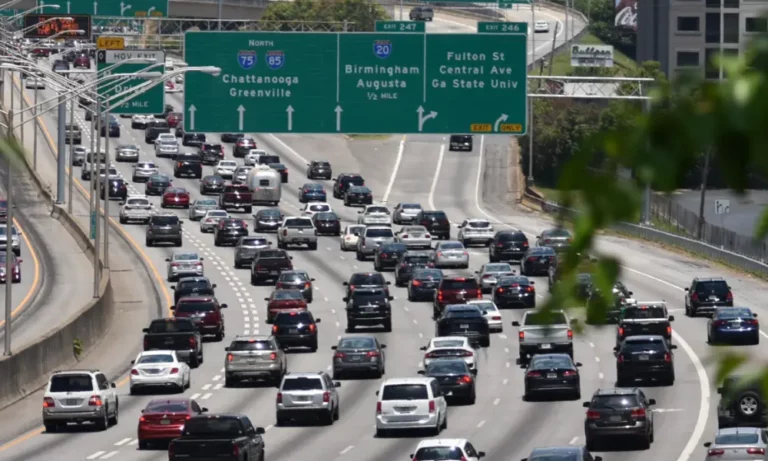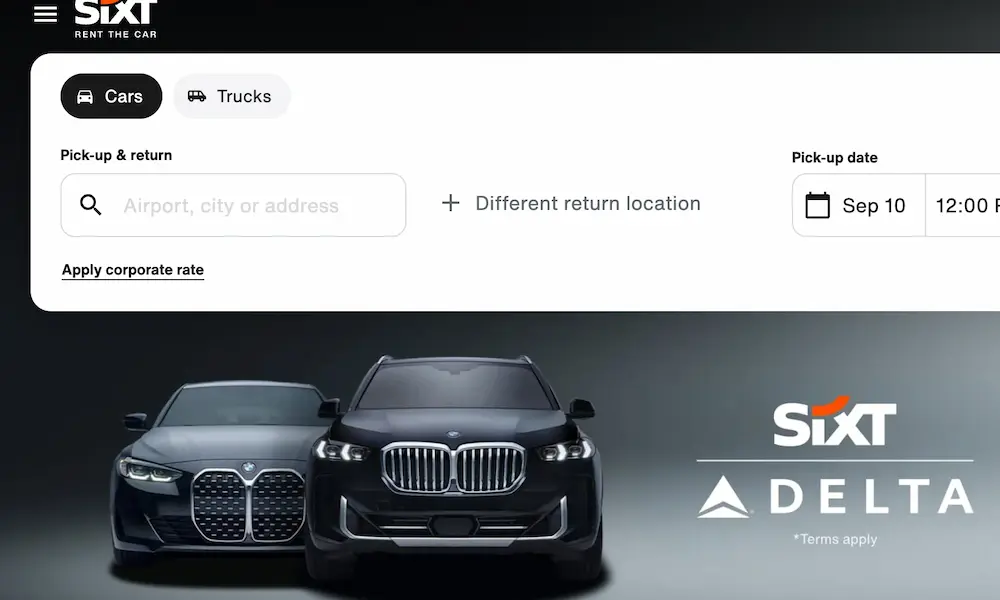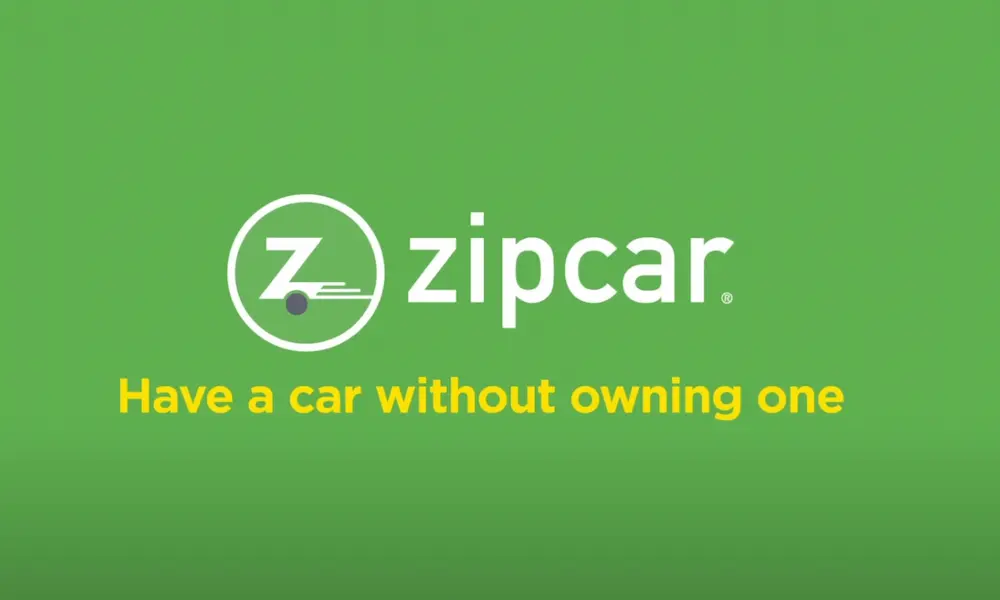Dealing with tolls when you have a rental car can be a headache. Many rental car companies charge extra fees for using toll roads, which can quickly add up. Knowing the policies and how toll roads work with rentals can help you avoid unexpected costs. By reading on, you’ll find practical tips to make your trip smoother and maybe even save you some money.
Toll Payment Options for Rental Cars
When driving a rental car, understanding how to pay tolls is important. You have several options including cash payments, transponders, and rental agencies’ toll programs.
Cash Payments and Toll Booths
Paying cash at toll booths is one of the simplest methods. You stop at the toll booth, pay the toll in cash, and then proceed. This method works best if you have small bills or coins handy. Remember, different tolls may have different rates, so having a variety of denominations is helpful.
Some rental agencies may provide information on toll roads during your rental agreement process, which can help you be prepared. While convenient, be cautious of longer lines at popular toll booths, especially during peak travel times.
Using Toll Transponders and Passes
Toll transponders and passes offer a quick way to pay tolls without stopping. You can use devices like E-ZPass, FasTrak, E-Pass, or Express Toll. These are mounted inside your car and automatically charge the toll to your account.
Transponders must be correctly set up and funded before your trip. Always check if your rental car has a built-in transponder and if it’s activated. This method saves a lot of time but requires you to ensure the device works properly throughout your rental period.
Rental Agencies’ Toll Products and Services
Many rental agencies offer their own toll payment programs. For example, Dollar and Thrifty have PlatePass which covers all tolls for a daily fee. Enterprise has the TollPass service that includes electronic toll payments without needing cash. These programs automatically bill the tolls to your rental agreement.
These services are convenient, especially if you are unfamiliar with the roads. However, note that you might be charged an administrative fee on top of the toll costs if you don’t enroll in the program but still pass through a cashless toll road.
Pros and Cons of Different Payment Methods
Each toll payment method comes with its benefits and drawbacks. Paying with cash is straightforward but can lead to delays at toll booths. Using a transponder or toll pass allows for seamless travel but requires setup and maintenance of the account.
Rental agencies’ toll services provide hassle-free toll payments but add extra costs to your bill. It’s important to consider your travel plans and choose the method that best fits your needs. Deciding based on convenience, cost, and your familiarity with the area will help you avoid unexpected fees and delays.
Common Rental Car Companies and Their Toll Policies
When renting a car, understanding the toll policies of different rental companies can save you both time and money. Each company has its own programs and fees for handling tolls, and knowing these can help you avoid unexpected charges.
Major Rental Car Agencies and Toll Solutions
Enterprise uses a standard toll program where you pay for the tolls directly if you opt-in during the rental process. If you do not, you might be subject to additional administrative fees on top of the toll charges.
Avis and Budget have similar toll programs. They offer two plans: Standard and Unlimited. The Standard plan costs $5.95 per rental day, while the Unlimited plan is $11.99 per day. Both plans include the toll fees, but the Unlimited plan covers all the tolls you may incur without any extra charges.
Hertz utilizes a pay-per-use system where you are charged for the actual tolls you pass through plus a daily fee. This can be convenient if you only expect to hit toll roads occasionally.
Fees and Charges from Different Providers
Different companies have varying fee structures. Dollar and Thrifty offer an all-inclusive toll program called PlatePass. This service charges a daily fee covering all tolls and administrative costs. If you don’t sign up for PlatePass and go through a cashless toll, you will face the toll cost plus an administrative fee.
For Hertz, if you don’t use their toll program and drive through a toll, you will pay the toll plus an administrative fee, which can add up. Avis and Budget have caps on their fees: Standard plans cap at $29.75 per rental period, and Unlimited plans cap at $59.95 per week. It’s important to note these caps to avoid any surprises on your bill.
Enterprise has a similar policy where you can either opt into their toll program or be billed for tolls plus an additional fee for each instance. Always review the rental agreement to understand all terms.
Tips for Navigating Enterprise, Avis, and Other Company Policies
When renting from Enterprise, make sure to read the toll policy in your rental agreement. It might be cheaper to pay for the toll service upfront rather than risking multiple administrative fees.
With Avis and Budget, consider your travel route. If you plan to encounter multiple tolls, the Unlimited plan might be a better deal. Always check for package deals that include toll coverage in your overall rental fee.
For Hertz, check if you can decline the toll service and pay for tolls manually. If you do use their service, keep an eye on the fees to ensure you’re not overpaying. Remember to ask about any applicable caps on fees to manage your expenses better.
Understanding the toll policies of these companies can make your rental experience smoother and more cost-effective.
Geographic Considerations and Regional Toll Systems
It’s important to understand how toll roads and systems can vary across different regions and states. Knowing these details can help you avoid unexpected fees and make your ride smoother.
Toll Roads Across the United States
In the U.S., toll roads are common in certain populous regions. For example, Florida, Texas, and California have many toll roads. Florida’s tolls, including the Central Florida Expressway Authority, use the SunPass system. In California, you might use FasTrak Toll Tag for roads like those around San Francisco and the Golden Gate Bridge. Texas has the TxTag, and you’d likely encounter toll roads if driving through cities like Austin. Understanding these regional differences can save you a lot of hassle.
Specific State Toll Systems and Partnerships
Different states have their unique toll systems. North Carolina uses the NC Quick Pass, while Georgia has the Peach Pass. On a drive through Colorado, you may encounter tolls on roads like the E-470. It’s also worth noting partnerships—such as certain states honoring each other’s passes can simplify your experience. For example, SunPass can work in toll roads outside Florida, such as parts of Georgia and North Carolina. This interconnectedness means you don’t always need multiple toll passes during cross-state trips, making your journey more convenient.
International Toll Roads and Rental Considerations
When renting a car internationally, toll systems can greatly differ. In Canada, you might find cashless toll roads similar to those in the U.S., but they have their own systems. Puerto Rico also has toll roads where some U.S. passes might not work. Always check with your rental agency about local toll systems and options for payment. If driving in places like Australia or parts of Europe, be prepared for electronic tolling systems that require advance setup or rental-specific solutions. Planning for these details ensures you won’t be caught off guard by unfamiliar toll requirements.
Avoiding Unnecessary Charges and Fees
There are several strategies to help you avoid extra fees when renting a car. These include knowing alternative routes, understanding your rental agreement, and handling disputes properly.
Alternative Routes and Avoiding Tolls
Using alternative routes can save you from toll surcharges. Always check your GPS for toll-free routes. Many navigation apps have an option to avoid tolls. This can save you both money and time.
Plan your route in advance. Knowing where tolls are located will help you decide if taking a different path is worth it. Sometimes, a slightly longer route without tolls can save you from steep fees. Ask your rental car agency if they have maps or apps that highlight toll-free routes.
Understanding Your Rental Agreement and Receipts
Before you leave the rental lot, read your rental agreement closely. Look for any mention of toll charges. Some companies, like Avis and Budget, charge per day for using toll roads. Others might offer an all-inclusive toll pass.
Always ask about the toll policy when you pick up your rental vehicle. Make sure it’s clear on your receipt or statement how tolls will be billed. Keep all documentation for future reference, especially if you’re traveling through areas with many toll roads.
Best Practices for Handling Toll-Related Disputes
If you find unexpected toll surcharges on your bill, contact customer service right away. Have your rental agreement, receipt, and any toll statements ready. Most agencies have a customer service phone number you can call.
Explain the discrepancy clearly and provide all relevant details. If your case isn’t resolved, ask for assistance from the company’s highway toll administration. Be polite yet firm. Sometimes, you might have to escalate the issue to get a fair resolution.
This proactive approach ensures that you’re not paying more than necessary and that any misunderstandings are cleared up quickly.















